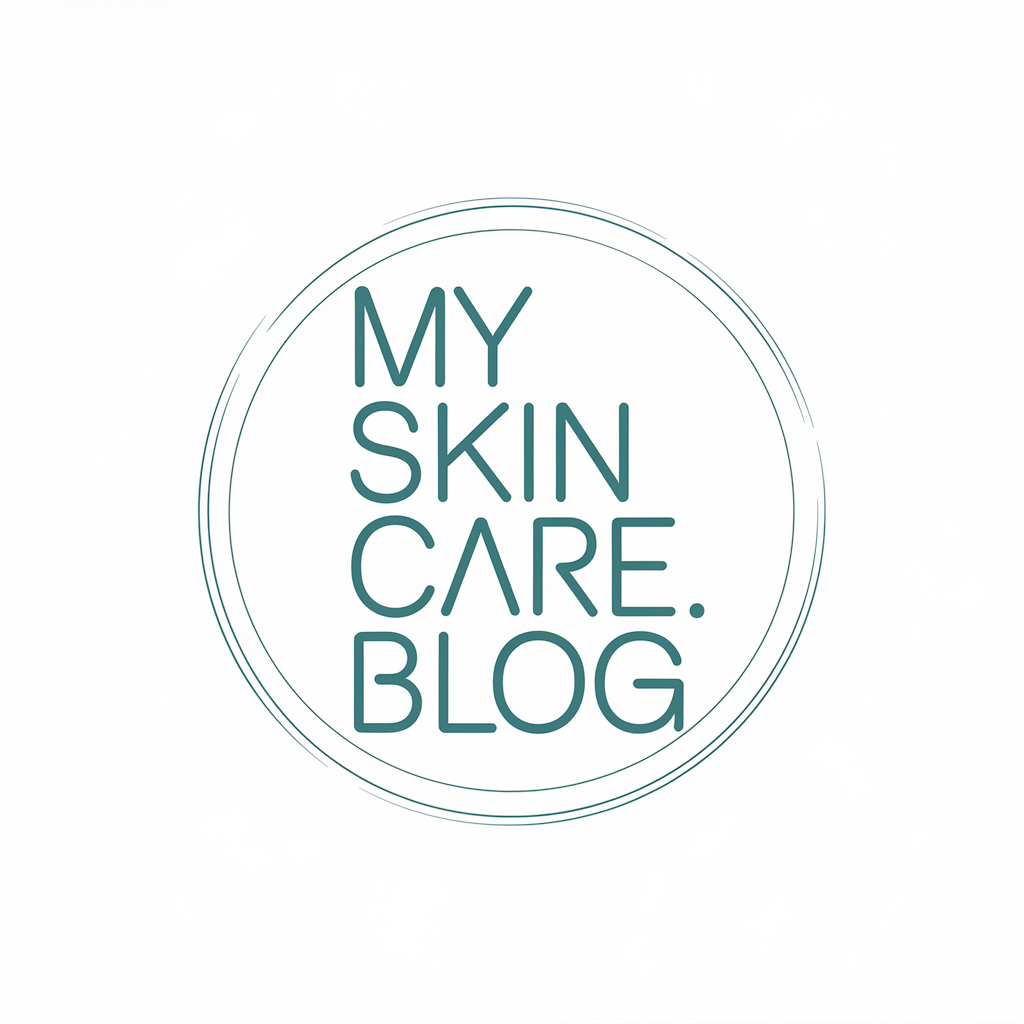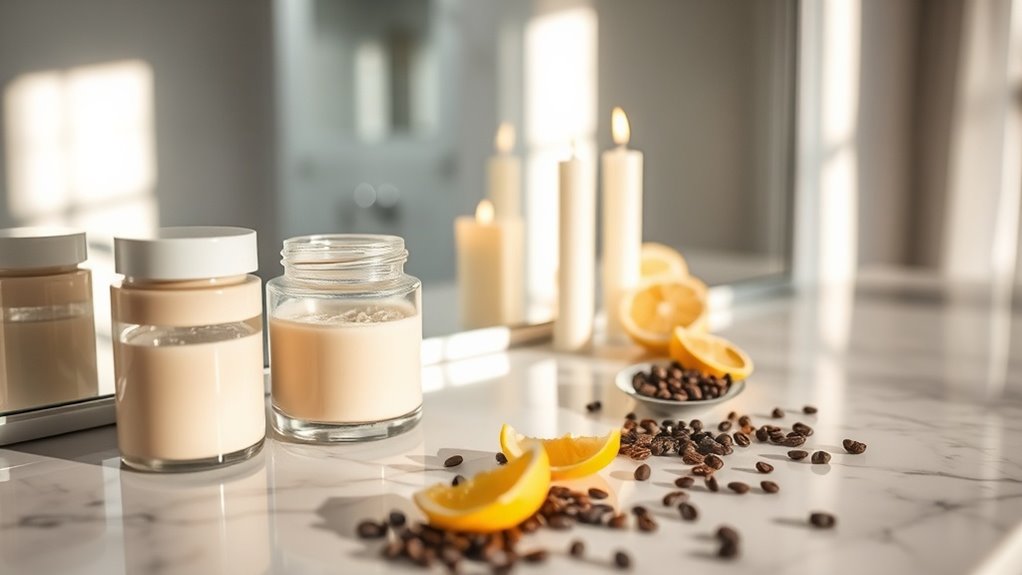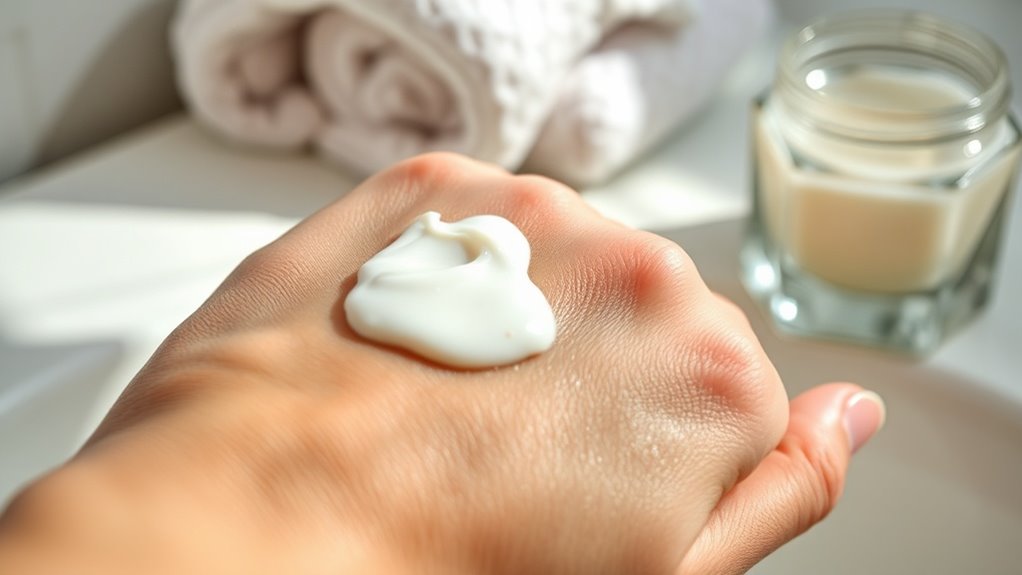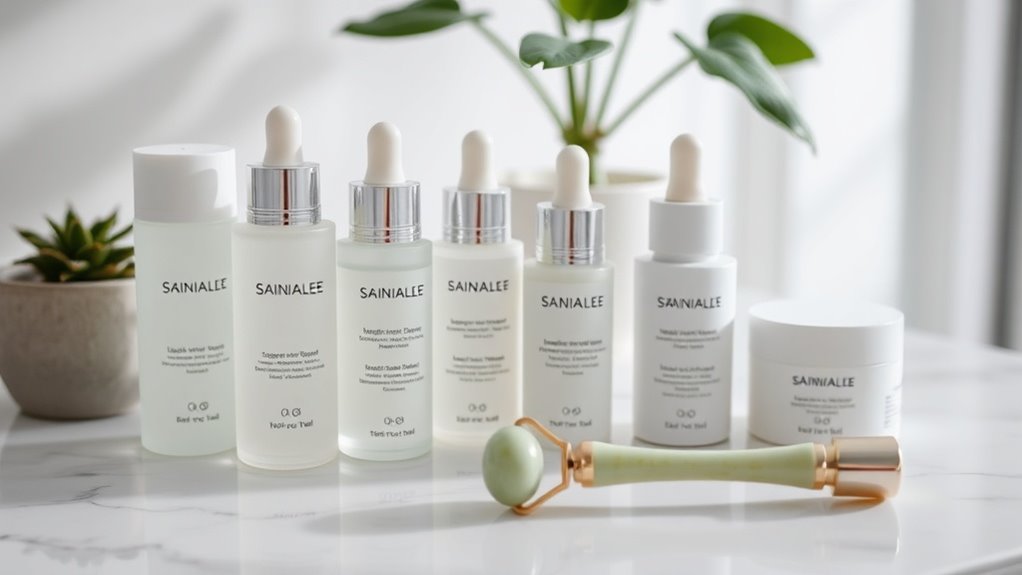5 Things That May Be Making Your Hyperpigmentation Worse
Your skin is like a canvas, and every factor influencing it can leave a mark—some more troubling than others. If you’re struggling with hyperpigmentation, you might be unaware of the various elements that exacerbate the issue. From the sun’s relentless rays to unexpected hormonal shifts, each plays a role in your skin’s tone. Understanding these contributors is vital to reclaiming an even complexion and restoring your confidence. What could be lurking in your routine?
Excessive Sun Exposure
When you spend too much time in the sun without proper protection, your skin may react by producing more melanin, leading to hyperpigmentation.
This increase in melanin occurs as a defense mechanism against UV rays, making excessive sun exposure one of the primary hyperpigmentation causes. Daily sunscreen application is crucial because it prevents premature aging and skin damage by blocking harmful UV rays. To prevent this, use broad-spectrum sunscreen daily and seek shade during peak sun hours for optimal skin health.
Inconsistent Skincare Routine
Although a consistent skincare routine might seem tedious, neglecting it can significantly contribute to the development of hyperpigmentation.
Irregular use of active ingredients like vitamin C or retinoids reduces their effectiveness, allowing dark spots to persist.
Moreover, inconsistent moisturizing can lead to skin barrier dysfunction, exacerbating pigmentation issues.
Committing to a regular regimen is crucial for maintaining an even skin tone and preventing further discoloration. Additionally, incorporating scientifically-backed methods into your routine can enhance the treatment of existing dark spots and prevent new ones from forming.
Hormonal Changes
Inconsistent skincare routines aren’t the only factors influencing hyperpigmentation; hormonal changes also play a significant role.
Fluctuations in hormones—especially during menstruation, pregnancy, or menopause—can trigger increased melanin production, leading to darker spots on your skin.
Understanding these hormonal influences allows you to better manage your skincare approach and mitigate the effects of hyperpigmentation associated with these changes.
Skin Irritation and Inflammation
Skin irritation and inflammation can significantly contribute to the development of hyperpigmentation. When your skin endures irritation, it responds by increasing melanin production, leading to dark spots. Understanding common irritants can help you mitigate this risk.
| Common Irritants | Impact on Skin |
|---|---|
| Harsh Skincare Products | Triggers inflammation and redness |
| Allergens | Stimulates an inflammatory response |
| Infections | Causes sustained irritation |
| Environmental Factors | Leads to skin damage and discoloration |
Incorporating gentle skincare practices, such as avoiding harsh treatment products, can help reduce the likelihood of irritation and promote healing.
Poor Diet and Hydration
When you neglect proper nutrition and hydration, your skin can suffer, leading to potential hyperpigmentation. A diet low in antioxidants and essential fatty acids can impair skin repair and increase melanin production. Dehydration also results in dull skin, making dark spots more prominent. Incorporating a balanced diet rich in fruits, vegetables, and adequate water intake is vital for maintaining even skin tone. Furthermore, consuming dietary items that harm your skin can exacerbate skin issues like hyperpigmentation.





